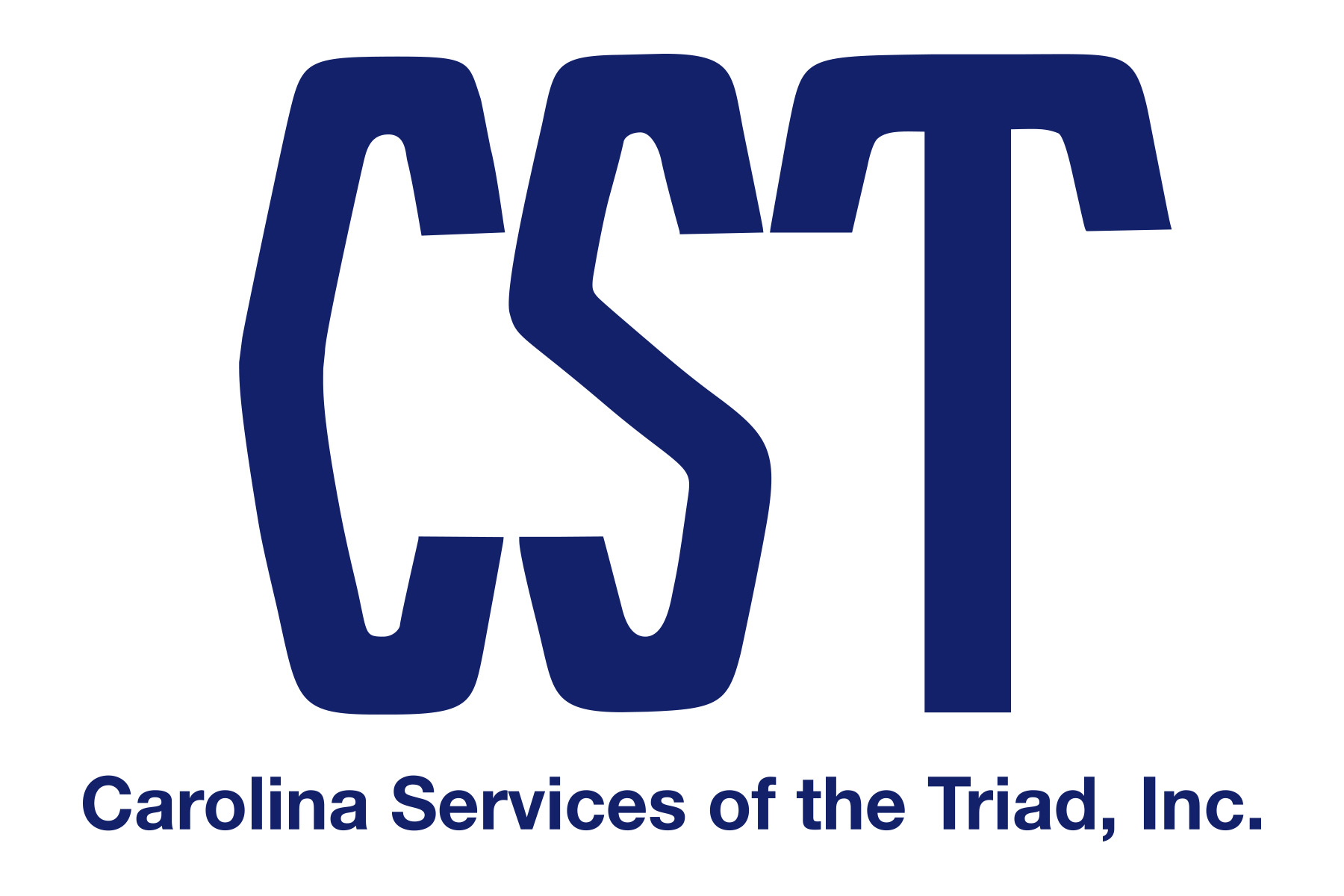More people are working from home than ever before, and those who haven’t created a home office before are probably feeling how quickly things can feel chaotic. In today’s post, we’ll go over some ways you can improve your organization and simplify the space.
When it comes to any kind of tidying up or reorganization, you basically have two options: come up with more efficient ways to store things, and find ways to pare down and simply have less stuff.
Today’s tips will be a mix of both.
1. Upgrade Your Tech Peripherals For A Smaller Footprint
Full size desktop keyboards, for instance, tend to take up a lot of desk real estate. Unless you’re an accountant and frequently use the num pad on the right hand side, very likely this size keyboard is huge for no practical reason.
Switching to a small bluetooth keyboard is a great first step toward a minimalist design, and saves space in both directions. If you are still using a wired keyboard and aren’t gaming with it, you can benefit from a wireless keyboard as well for one less cord to keep tied up and tidy.
If you use a laptop or tablet at the desk, wired keyboards and mice are a real mess.
You can also use a USB hub to create a different connection point than your PC itself, giving you more control over where all those wires go and how they can be tucked up into the desk. Wherever possible, use twist ties or zip ties to keep cables together and tucked away.
This might take 10-15 minutes of your time one afternoon, but you’ll be surprised what a difference it can make to your desk’s overall sense of neatness.
Using wireless peripherals can also remove the need for a USB hub in some cases — especially if you’re using a laptop that might only have 2 USB ports. Having to use one of them for a wireless receiver, or for a mouse itself, is costly in that sense. The difference it makes on a laptop simply to use bluetooth mouse and keyboards can be huge. Now you have a USB port for charging and at least 1 more available for some other device, such as an external hard drive, camera, scanner, or external monitor.
2. Consider Making Zones For Specific Tasks
Most people will probably spend the majority of their time at the computer, but if you do other activities in the office it’s beneficial to set up a specific spot for those things.
For example, keeping notebooks, sketch pads, etc. elsewhere in the room creates a distinct place to put those things. It discourages having too many things on the desk at once, and serves as a good excuse to get up and move throughout your time in the office.
This will also simplify making sure things are put back where they go. If there’s a dedicated place to scan documents, for instance, or to work on bills, it won’t clutter the desk and you won’t be as tempted to keep them out because that area will have its own storage.
3. Easy Ways To Go Paperless
Paper adds up quickly, whether it’s utility bills, bank and insurance documents, or random notes you’ve created.
If you’re running a business, saving things like utility bills makes sense for your office expense.
“I don’t have time to scan these in right now. I’ll set them over here and do it soon,” you might say to yourself.
In the meantime, you have a growing stack of documents that mentally starts feeling more and more intimidating.
If you have a scanner, decide upon one day per week that you’ll scan any documents in a neat pile you’ve made yourself, then shred the paper copies.
If you don’t have a scanner, many mobile devices can actually scan documents as well. The iPhone’s Files app, for instance, allows you to navigate to the folder you’ll want the scans in, select options, and then pick “Scan Document”.
Position your document on a flat surface and aim the camera straight at it. It will crop it in perfectly to sheet size, and save it as a PDF. It also allows you to scan multiple pages, so you can digitalize the document right away and be done with it. You can do this on bills and other paperwork as it comes in, and then immediately clear out the space.
I’ve personally been shocked at how quickly this stuff can build up, and the negative effects it has on my focus during the day. Dealing with those papers immediately and moving on is far preferable to looking at a stack of documents I know I’ll need to scan. Even if it’d only take me 25 minutes to handle it, it feels bigger in my mind and keeps being put off.

